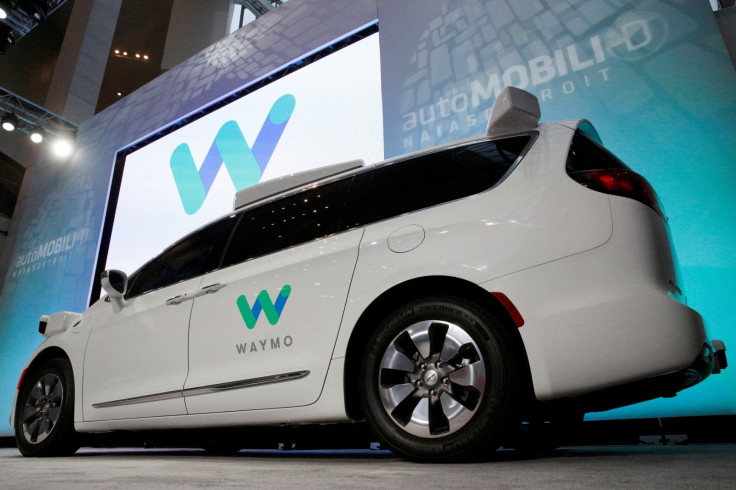MIT self-driving software will discern selfish drivers, improve behaviour
Human driving characteristics may not be transmitted to self-driving.
Self-driving cars are set to make our roads safer, despite some hitches. Technology is being developed so that it doesn't carry on the flaws that a human on the wheel possesses.
We definitely won't be graduating straight from human driving to all self-driven cars on the road. There will be a phase in between when they will share space with human drivers. So, how will they adjust to the erratic behaviour, the road rage and the inconsistency of human driving during this phase?
The researchers at MIT's CSAIL Laboratory have created a solution for this – software that can predict the behaviour of drivers on the road. It will classify whether drivers are selfish or selfless. This is an interesting bit, since the software will need a human-like social awareness to make such a differentiation. The researchers have tried to create such awareness and training the artificial intelligence to use it, by relying on behavioural psychology tools.
The software will check on data such as the movement of other cars, lane changing, and other such behaviours to create a profile of drivers. The information will be used by the software to predict the movement of cars and making the car act accordingly. The researchers claim that the software has already evolved to 25 percent more accurate than regular self-driving software.
These kinds of precautions need to be developed because there have been fatal crashes of self-driving cars. These cars were unable to predict the behaviour of other human-driven vehicles on the road.
Wilko Schwarting, MIT graduate student and lead author on the research paper titled "Predicting driving personalities," stated, "Working with and around humans means figuring out their intentions to better understand their behavior. People's tendencies to be collaborative or competitive often spills over into how they behave as drivers. In this paper, we sought to understand if this was something we could actually quantify."
The research is currently in the initial stages, but it seems to be a step in the right direction.

© Copyright IBTimes 2025. All rights reserved.





















